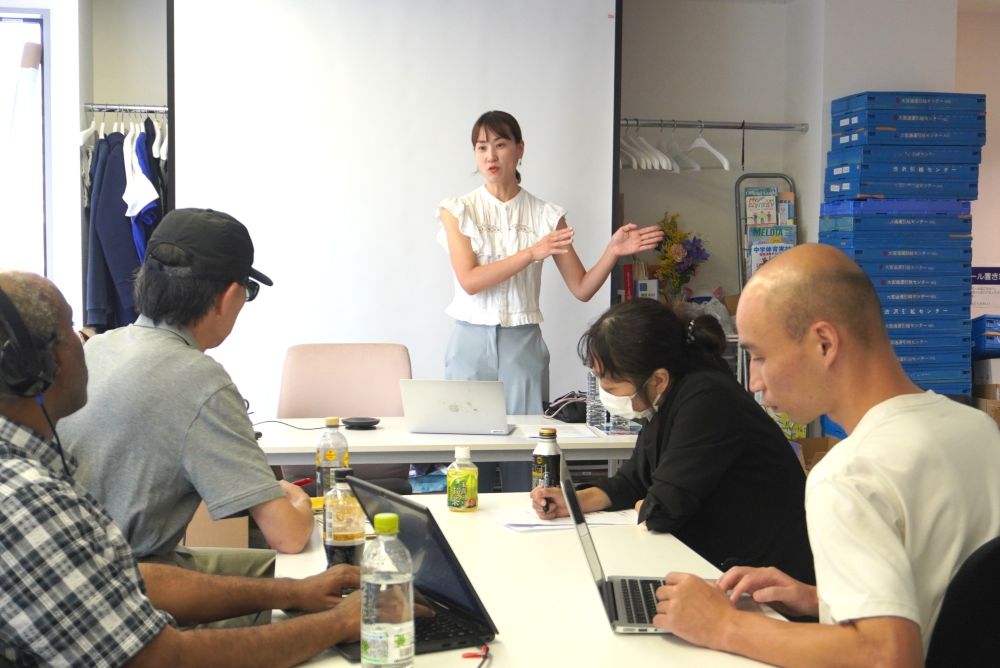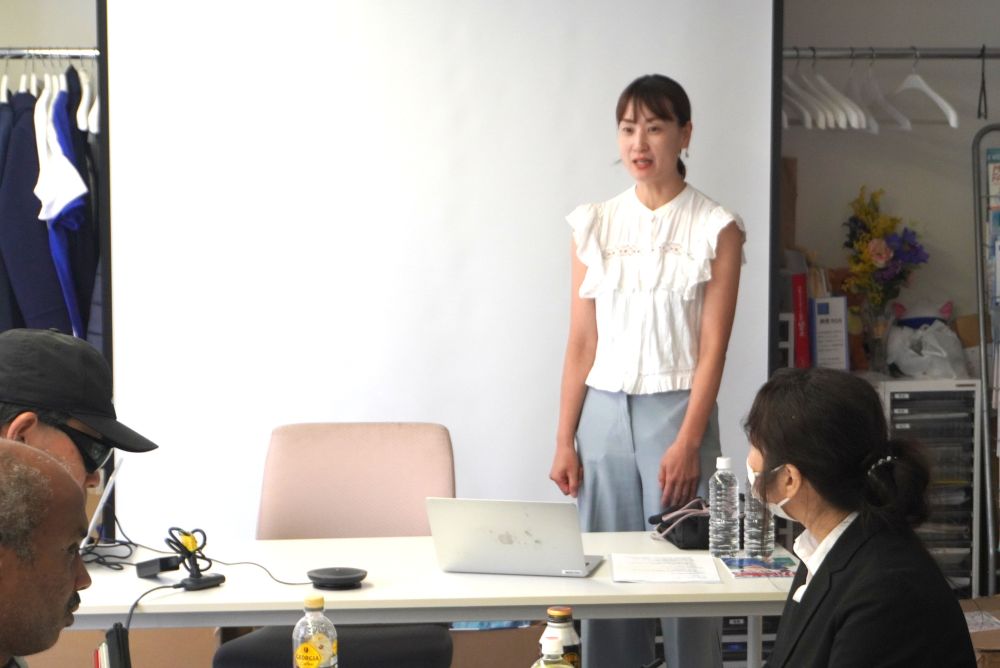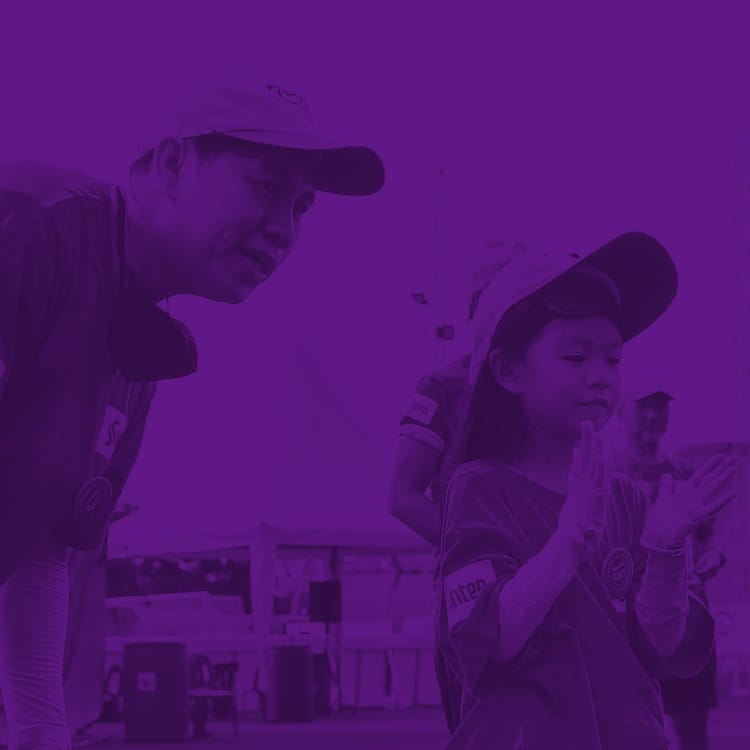
VISI-ONE Innovation Hub held its second seminar on “Empowering Visually Impaired Workers”, entitled ‘Creating effective CVs’, in Tokyo on 9 August. The session featured Ms. Yuki Ito of BizReach Inc., who has extensive experience in employment support for people with disabilities. Nine participants attended both in person and online.
At the April seminar focusing on career development for individuals with visual impairments, the speaker emphasised the importance of creating a “personal instruction manual” when seeking employment with companies. This time, we heard from a representative responsible for disability employment within a company about how to effectively convey this “instruction manual” within a CV.
Please see below for details of the first seminar.
The event proved to be a highly engaging occasion, with enthusiastic participation from individuals across a wide age range—from their thirties to sixties—and diverse occupations. There was active discussion regarding specific queries about writing CVs and work history documents, alongside opinions and questions concerning disability employment itself.
Application documents are the initial tool to make recruiters think ‘I’d like to meet this person’
In the first half of the seminar, Ms. Ito began by explaining the role of application documents. She covered fundamental points for writing CVs and what should be conveyed in the statement of purpose – aspects that are generally important – alongside what should be communicated regarding disabilities and how it should be written.
Ms. Ito stated, ‘Application documents are the first tool to make the recruiter think “I’d like to meet this person”.’ She highlighted the following three key points recruiters look for:
〇 Career history, experience, and skills.
〇 Motivation and character.
〇 Details of the disability, self-understanding, and required accommodations.
As the discussion turned to the specific content of CVs, the topic shifted to how to structure one’s motivation for applying. Given that job postings alone provide limited information about the prospective employer, how to articulate this is a point that troubles many. It was emphasised that the key is to articulate why you are seeking employment and what aspects align with the role. This involves explaining your background and the points of alignment: why the job description suits you, why you wish to work for a company with this particular vision, why you want to join a company engaged in this specific business, why reading employee interviews resonated with your own aspirations, or why you believe the company can provide the necessary accommodations for your disability.

It is crucial that employers can visualise the candidate at work
The latter part of the lecture focused on the main topic: disability. Assuming all disability-related information is optional and should only be disclosed to the extent the applicant feels comfortable sharing when applying, the key point is that the recruiter reviewing the CV should be able to form some image of the candidate working for their company.
From the applicant’s perspective, including details they might think are unnecessary can actually make it easier for the company to understand. Ms. Ito noted, however, that ‘determining what to include in the application documents is a tricky point.’ She advised that applicants should include the absolutely essential points on their documents, reserving slightly more detailed information for the interview stage if necessary. Crucially, they should ensure the aspects they wish the company to understand are clearly conveyed.
Following the lecture, participants engaged in lively questions and discussions. These ranged beyond specific queries about CV formats and writing cover letters to broader job-hunting topics, such as whether it is better to apply for positions specifically for disabled candidates or open positions, and how to utilise recruitment agencies. Additionally, attendees at the venue were offered individual consultations with lecturer Ms. Ito after the main session concluded. These sessions provided more specific advice, covering topics such as feedback on CVs submitted in advance and approaches to the job search process.
Following the seminar, participants shared feedback such as:
“The seminar content was educational, and the lively Q&A session deepened my understanding.”
“I gained insights into my own strengths.”
“I understood that it is possible to disclose my visual impairment on my CV.”
VISI-ONE Innovation Hub continues to hold workshops and seminars focused on employment for individuals with visual impairments. We strive to enable those facing visual challenges to realise their full potential, aiming to create a society where everyone can thrive.



